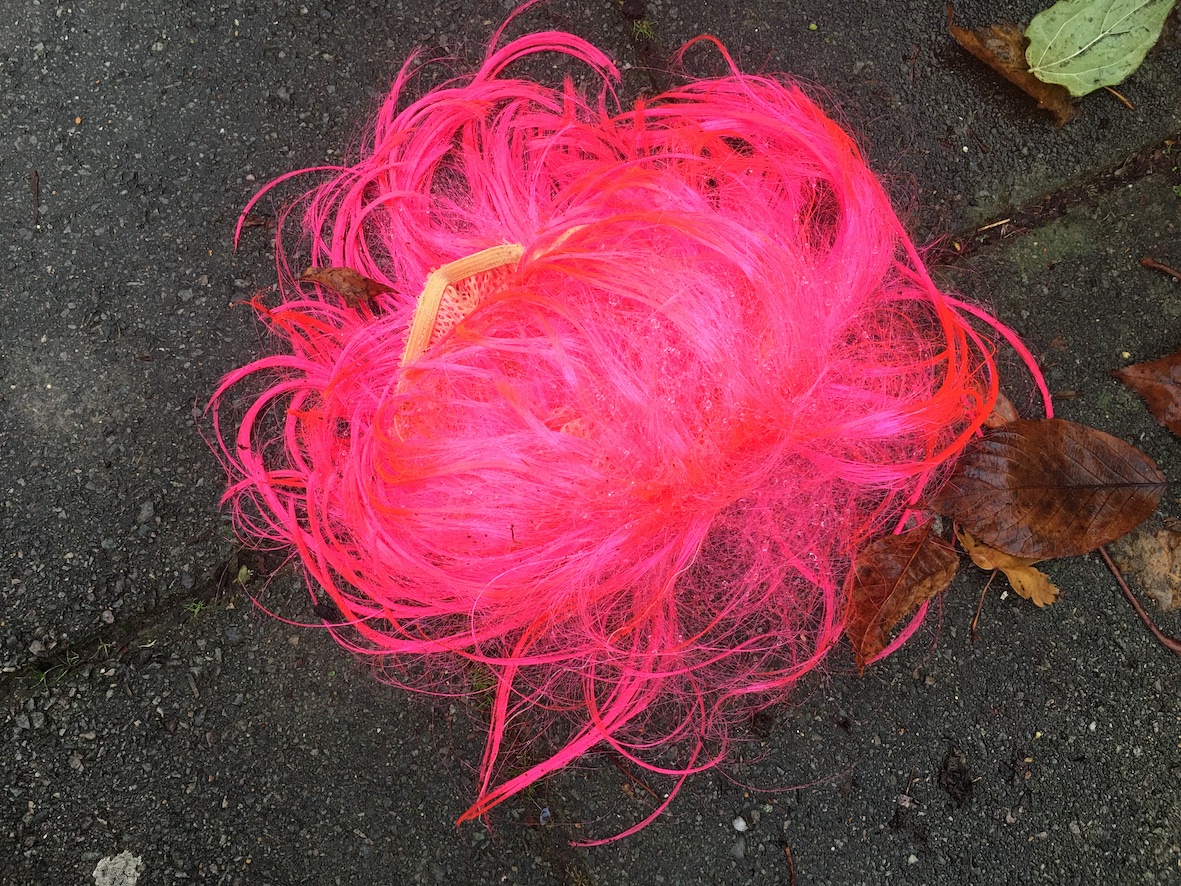
Hi there,
Keep your hair on! How do we stay sane when everything around us seems out of order? How do we stay calm enough to remain engaged in the world, despite the events around us that are deserving of outrage? There is a paradox for me here. I want to feel ‘the sorrows of the world’ (as Francis Weller puts it). My intention is to be someone who is compassionate, able to hear about the difficult and desperate. I also want to be someone who is able to continue to work for restoration with goodwill, in the face of all that I find distressing.
We will be unable to engage with actions that promote social justice and create positive communities, if we are so overwhelmed by what we find disturbing, and fear for the future,
One way to manage this situation is to titrate the way we receive current affairs. Being compulsively absorbed in social media feeds, or information that activates us may be counter-productive. Maintaining a frequent state of arousal, we may more easily reach emotional boiling point. I limit how much news I hear, avoid listening late at night, and take my news in small doses.
By frequently returning to balance, it can help us to manage our emotional and hormonal states of high arousal. Using tools that help us to decelerate, and return to a state of rest and digest improve resilience. What helps us to feel connected to the here and now in restorative ways? For some, breathing and mindfulness are helpful. For others, physical movement – dancing or swimming work better. Using practices that help us move into calmer states of mind, and improving the flexibility of our nervous system, to move between action and rest is helpful. A digital detox can offer a much-needed break from time to time.
We don’t need to put a lid on our feelings. Having spaces where we can express ourselves, be with our rage, and find like-minded others are important. Sometimes we need to find a place where we can scream – into the earth, sound-proofed in a car, or into a cushion.
Modernity may entangle us in the injustices, and causes of harm around us. I manage the complex feelings, which may include anger, guilt and despair by doing only what I have capacity for. What are you able and willing to do? Volunteer for something you believe in or donate funds to a campaign that aligns with your values, write letters to your MP, or commit to understanding more about a particular cause? Use these meaningful strategies; balanced by activities that are nourishing, resourcing and with time for radical rest.
Grief Tending is one way to connect with others and express the feelings that might otherwise have nowhere to go, or deaden us with lethargy. If grief is not tended, it may become grievance. Martin Prechtel says:
“…when the sorrows of our losses go ungrieved, we are guaranteed another war, or violence breaks out in the streets. Choosing not to have grief when grief is there is to burden someone else with having to do your grieving. The unwillingness to grieve makes people search for someone upon which to project blame for the feeling of the loss they bear, which turns all losses into a war of revenge.”
How many of the sources of grief around us have their roots in untended wounds of the past? Grieving is not only an act of self-care, it is an act the feeds community. It benefits not just ourselves, but those who come after us. The big things affect many when there are collective sources of grief. A collective space can really help us to see that we are not alone with this huge issue. It is powerful to recognise that others are also impacted, troubled, or overwhelmed. I cannot grieve the polycrisis we face alone. I need community beside me, and through sharing with others, we also build networks of solidarity.
With best wishes,
Sarah and the Embracing Grief Team
See our events coming up here.
www.griefsupport.org.uk

